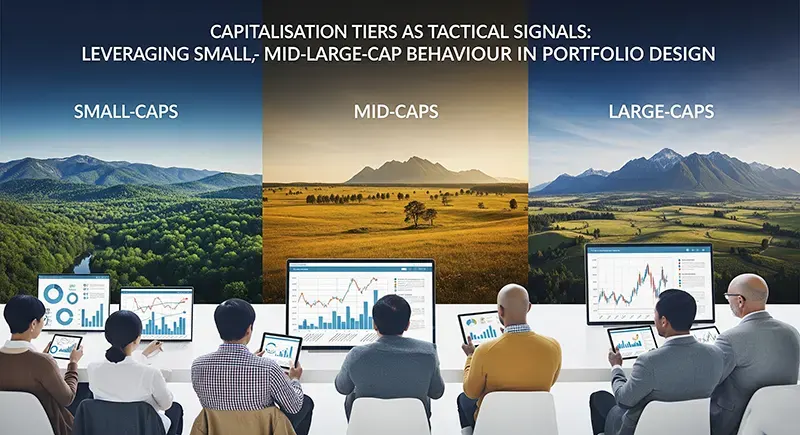Understanding Hidden Costs in No-Fee Credit Card Applications
You see the offer — “No annual fee. Lifetime free.” Who wouldn’t want that, right? In many ways, they can be great and convenient, especially for shoppers looking to avoid paying annual fees for years to come. However, the reality is, just because there is no annual fee on your Credit Card, doesn’t mean it comes without any associated cost.
All the hidden fees can accumulate without notice, leaving many Credit Card holders unaware. Before you hit that tempting free Credit Card apply button, understanding the hidden costs is important.
Interest Charges
Let’s begin with the most common one, interest. Even on a “free” card, carrying an unpaid balance from one month to the next can attract high interest rates. Depending on the issuer, this might be anywhere between 24% and 48% annually. That’s a hefty price to pay just for not clearing your dues. So, while there may be no fee to own the card, using it without a repayment plan can quickly become expensive.
Late Payment Fees
Missed a payment? Even in a day? That one delay might cost you between ₹500 and ₹3,000, depending on your Credit Card provider. Late payments will also hurt your credit score, and it will be tough to get a Loan in the future. Autopay or calendar reminders are easy solutions to the same problem.
Cash Advances
Ever needed quick cash and thought, “Why not just withdraw it from my Credit Card?” That decision can come with steep fees. Not only is … READ MORE ...














